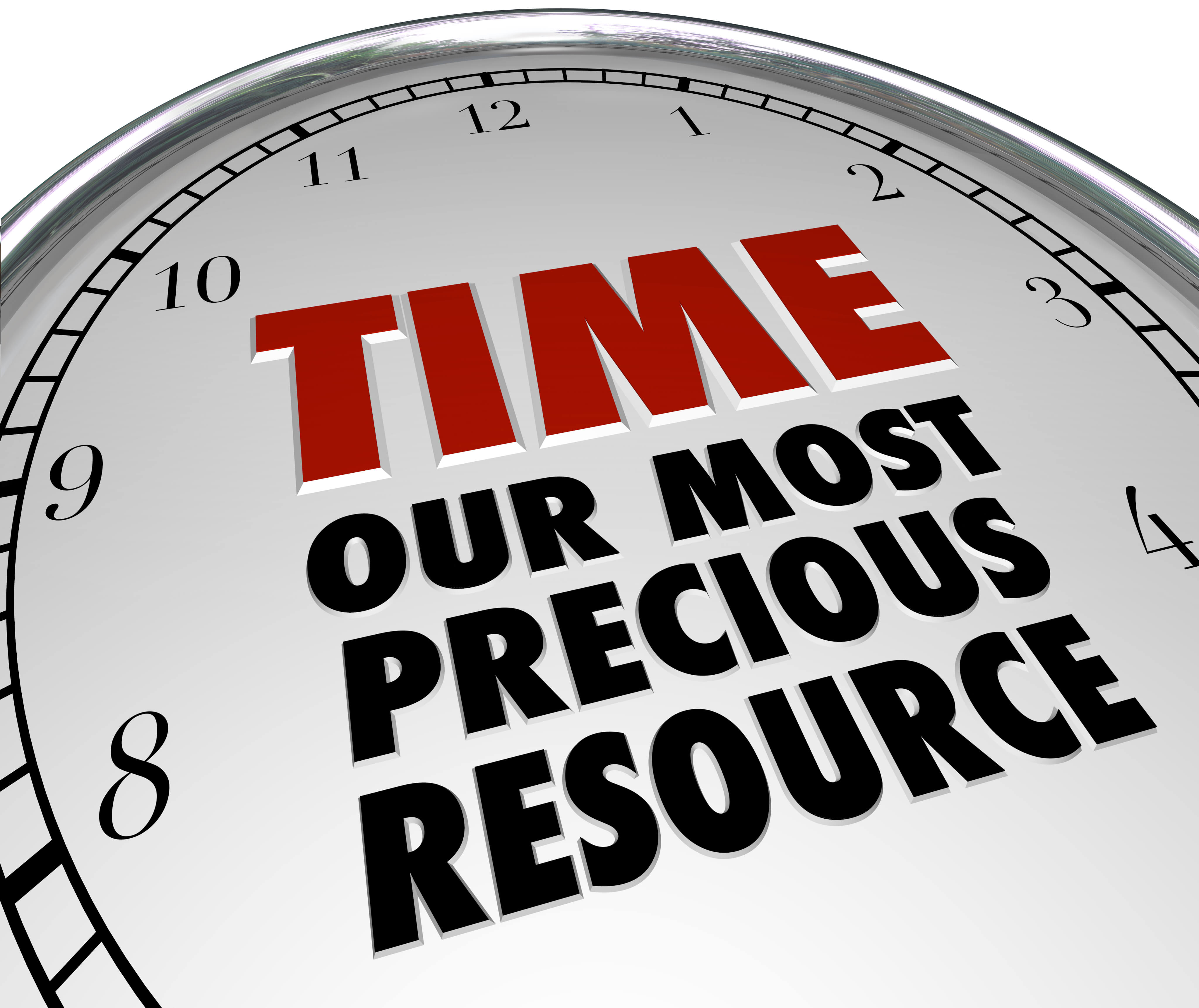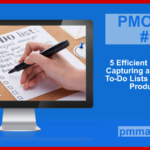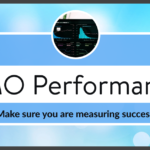Let me ask you a question. What asset do you have that you can choose how to spend each and every day? An asset you have the same amount of each day and, that if is not used cannot be saved to be used later? However, each new day brings a new supply exactly the same as the previous day!
If you have not guessed already, it is time!
Every day, the majority of us are all blessed with 24 hours (or 1440 minutes or 86,400 seconds). We have a choice how we use our time each day. As we cannot store or bank our time for later, it is so true that “every second counts”.
Now many of you will be thinking, “I know that” or even “so what”. Well the reason for this post is that time is the most precious commodity at our disposal. How we choose to spend it can make a difference or not.
With all of the benefits and advances of technology, many of us operate in a 24 hour, fast paced environment. Gone are the days when you leave the office and the time is your own. I am guilty of checking my work emails on the move over weekends when I should be spending my time with my family.
This is unhealthy on a number of counts.
1. What message does it send to your family? They see that you value your work more than time with them.
2. Children learn and model their parents. Therefore, you cannot then get upset with your child for choosing to spend their time on their tablet or smartphone when you want their attention.
3. Your mind and body never gets a chance to switch off and relax. This can lead to you becoming more tired and stressed. This means you will not be as productive and you will probably make mistakes and bad decisions.
4. With tiredness and stress will come illness. Then you could end up with enforced time off sick.
There are many more but this gives you a good idea why it is important.
So back to the question of time and why it is important. Like with everything in life, investing smartly, making wise choices really can pay dividends. How many of you have left the office late and missed time for the family when in reality you were completing tasks that did not need to be completed or, your actions meant that the task took longer than required?
How many times have you had a tough task that you have been putting off? You get to the office and know the project report must be finished today. However, you know it is going to be a tough one to write (or even boring). So you start going through your emails. You spend time replying to and dealing with minor items and then late afternoon finally start on the project report. You know it will take a good few hours so you phone your partner to say you will not be home to late as “something came up at work”.
The reality, “something did not come up at work”, the need to stay late was completely in the persons control. They knew that the top priority was the project report. However, they chose to use their scarce commodity of time on other items.
It is interesting to see how the misuse of our most valuable asset can impact all areas of our life.
Time hacks
So what can you do to make better choices?
- 1. At the start of the day, make a very short list of the items that either must be done or that provide the maximum benefit. Ideally they should be one and the same. Mark the top 3 items and then focus your effort on them.
- 2. Stop distractions. When working on the priority items stop the risk of distractions. Switch your telephone to do not disturb and lock your computer screen. If the priority item requires you to use the computer, shut down e-mail and any instant messaging software.
- 3. If possible go to another space in the office to avoid people coming up to your desk.
There is a very good book called The One Thing. This advocates the approach of focusing on just one item that provides the maximum benefit. I am a big fan of this approach as I would much sooner have one item completed so I can have the benefit as opposed to 10 items progressed but not completed. If you think about this, it is one of the most important principles of Agile Project Management.
Time Audit
It is a good idea to spend some time looking at how you use your time during the day and evaluating what you should and should not continue. To help create a simple table and categorise the activities you perform on a regular basis using the following:
- · Can do but shouldn’t
- · Can do and should
- · Can’t do and shouldn’t
- · Can’t do but should
Can do but shouldn’t
We are all guilty of this. We have activities we enjoy but the reality is we should delegate to others. Identifying these and then handing over will gain you valuable time.
Can’t do and should
These are the activities that you should complete. If you are the project manager, then you should be the one reviewing plans / reports and providing the steering committee updates.
Can’t do and shouldn’t
These are activities where you do not have the skills but you still try to spend time completing the task. For example designing a presentation when you do not have good Powerpoint design skills. You should focus on the content and leave the design to someone with the skills.
Can’t do but should
This is where you avoid doing something because you do not feel confident or do not have the skills. For example giving a project presentation in a seminar to many people. If you are the project manager you probably should be the one doing this. This is where you look to invest in training to help give you the skills.
It is important that you go through the review with honesty and then put an action plan to handover what you should not be doing and get training for what you should.
How much is your time worth?
Now time to add another dimension – what is your time worth?
Above I have outlined why time is your most valuable asset and that it is important that in both work and home life you use it wisely. Therefore, I want you now to consider the tasks you perform. How long they take and then equate what this truly means in your time.
Working out the monetary aspect is easy. Simply multiply the time for a task by your hourly / daily rate / wage. When you start to do this, tasks that take an hour, two hours can sometimes appear to be inefficient use of your time. Then when you add in the opportunity cost of the time it takes you away from what you spend with family and friends, the cost really stacks up. Suddenly doing certain tasks yourself really does not make sense.
Summary
- Remember – time is your most precious asset.
- You must make sure that you make maximum use of it so as to have time for what is really important in your life.
- Do not fool for the false economy that by performing work and home tasks yourself saves money.
Follow the ideas above and it will help guide your choices.






